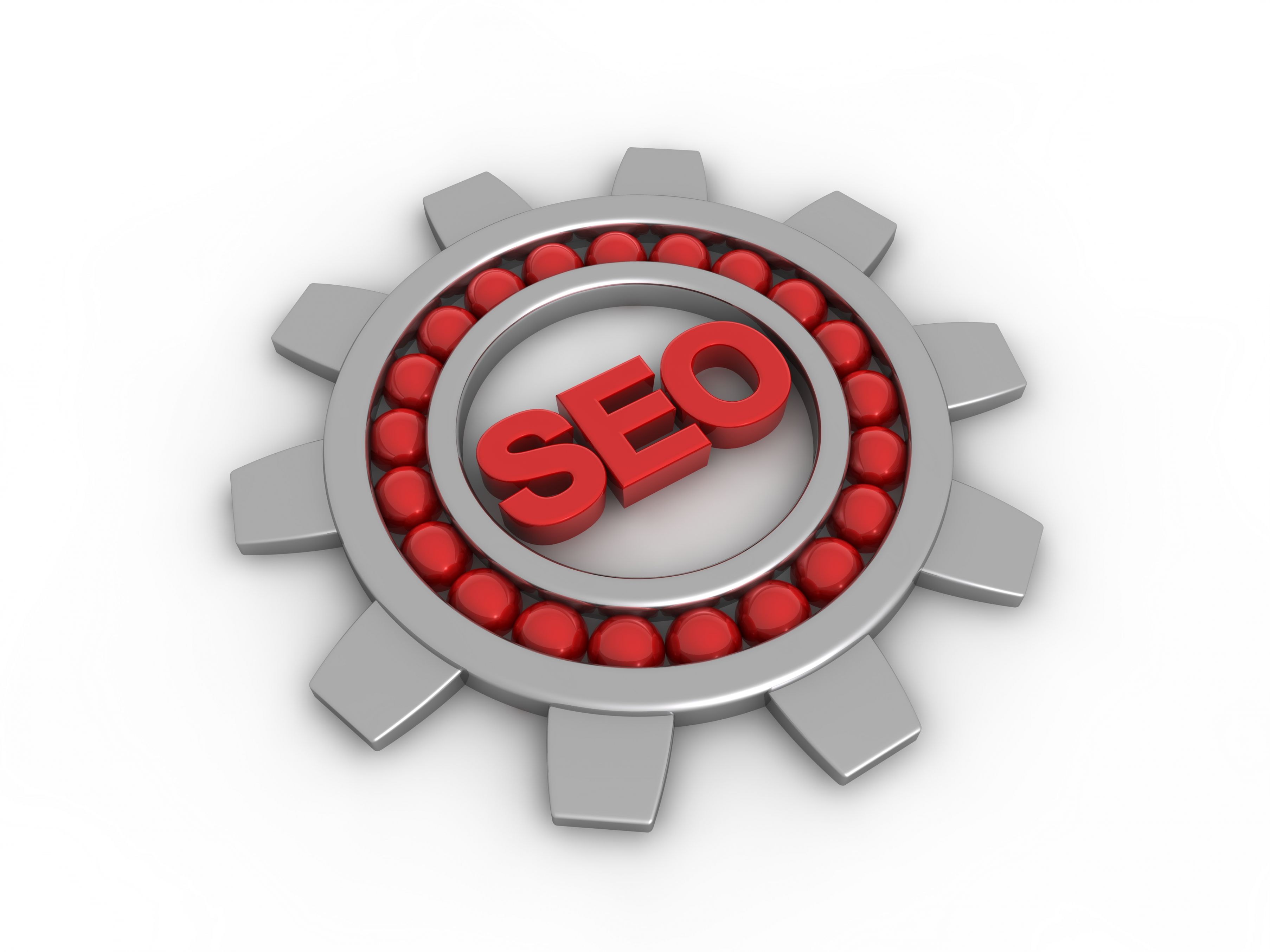
30 Jul Search Engine Optimization + 7 Frequently Asked Questions On Modern SEO
 The following are the 7 most frequently asked questions about modern search engine optimization.
The following are the 7 most frequently asked questions about modern search engine optimization.
Many people, especially those who are new to search engine optimization (SEO), have a lot of questions when it comes to what really works and what doesn’t. With Google constantly changing the way it ranks websites, it’s important to keep up with the latest best SEO practices to make sure that your websites continue to do well.
1. Are title and header tags really important?
Absolutely! The title should be interesting enough that it spark your reader’s curiosity but it should also contain your target keyword or keyword phrase. Some WordPress themes automatically append the title of your site to each individual page on your site.
Header tags serve the same function as the title tag by breaking your article up into digestible chunks and giving your readers a clue as to what each section of your article is going to be about. According to many SEO experts, only the first 3 headers are necessary.
Header tags are written by placing your header in the following snippet:
<h1>Title Of Your First Header</h1
<h2>Title Of Second Header</h2>
<h3>Title Of Third Header</h3>
You can theoretically keep adding headers but you won’t derive any significant SEO benefit from doing so. It’s important to note that if you are using WordPress, the <h1> header is automatically assigned to your page or post title. If you’d like to use a different header, simply use the <h1> tag in your article around the text you prefer
2. How often should I use my keyword in my article?
Several SEO experts have begun asserting that overuse of a keyword in your articles can actually result in Google viewing your content as spam! The repetitiveness and unnatural injection of a keyword wherever it’ll fit can also hurt the flow of your article, making it difficult for your reader to get as much value as possible out of it.
The amount of times you use your keyword in your article divided by the total number of words is called keyword density. Current recommendations for keyword density are 1%-2%. So, if you have a 1000 word article and you use your keyword 10 times, you’ll achieve a 1% keyword density.
3. Should I link to internal pages on my site?
Yes you should! Google certainly factors in the link structure of a website when determining rankingand sites that are interconnected well are rewarded with better rankings. This is because you are creating a more navigable website which makes it easier for your visitors to find relevant content that they might be interested in.
If you promote an offer on your website or if you display advertisements, interlinking the pages on your site also makes it more likely that a visitor will spend more time there, potentially resulting in more revenue for you.
4. Should I add a nofollow tag to my outbound links?
This is a controversial issue in the SEO community. According to Google SEO uberguru Matt Cutts, “nofollow is intended to say ‘don’t editorially vouch for the source of this link.’ If you’re placing un-trustworthy content on your site, that can hurt you whether you use nofollow to link to those pages or not.”
The point is that you should only use nofollow if you’re linking to a website whose content you don’t entirely trust or endorse. Otherwise, there’s no need to use this tag.
The nofollow tag is written like this:
<ahref=”http://www.website.com” rel=”nofollow”>Website Name</a>
5. Do images have any SEO value?
Yes! Relevant images with appropriate alt tags can certainly earn you some SEO love. To add an image alt tag, simply write:
<imgsrc=”http://www.yoursite.com/image.jpg” alt=”your keyword”>
According to some SEO experts, image alt tags are included in the keyword density of a page, so don’t overdo it.
6. Should I link to other sites in my niche?
Absolutely. This helps your visitors by pointing them towards relevant content and other webmasters can tell that your site is referring visitors to their page by checking their analytics. It’s good karma that other webmasters will appreciate by sometimes linking back to you in return and can often be the beginning of a mutually beneficial relationship.
7. What is your best SEO tip?
With every update to Google’s algorithm, sites with thin, low-quality content are penalized in the rankings while sites that seek to truly help their visitors and provide as much value as possible for them are rewarded with better rankings.
The most important thing you can do online is to provide massive value for other people. They will trust you more, buy from you more and gladly support you in your efforts. In the end, adding value everywhere you go and with every action you take will reap you the greatest rewards.
If you are considering outsourcing your Search Engine Optimization needs to experts with guaranteed results, give us a call or contact us here.

Sorry, the comment form is closed at this time.